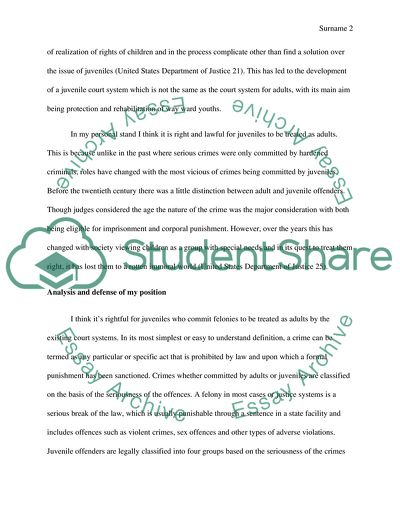Cite this document
(Human Nature or Affirmative Action Research Paper Example | Topics and Well Written Essays - 4500 words - 2, n.d.)
Human Nature or Affirmative Action Research Paper Example | Topics and Well Written Essays - 4500 words - 2. https://studentshare.org/psychology/1801670-human-nature-or-affirmative-action
Human Nature or Affirmative Action Research Paper Example | Topics and Well Written Essays - 4500 words - 2. https://studentshare.org/psychology/1801670-human-nature-or-affirmative-action
(Human Nature or Affirmative Action Research Paper Example | Topics and Well Written Essays - 4500 Words - 2)
Human Nature or Affirmative Action Research Paper Example | Topics and Well Written Essays - 4500 Words - 2. https://studentshare.org/psychology/1801670-human-nature-or-affirmative-action.
Human Nature or Affirmative Action Research Paper Example | Topics and Well Written Essays - 4500 Words - 2. https://studentshare.org/psychology/1801670-human-nature-or-affirmative-action.
“Human Nature or Affirmative Action Research Paper Example | Topics and Well Written Essays - 4500 Words - 2”. https://studentshare.org/psychology/1801670-human-nature-or-affirmative-action.


